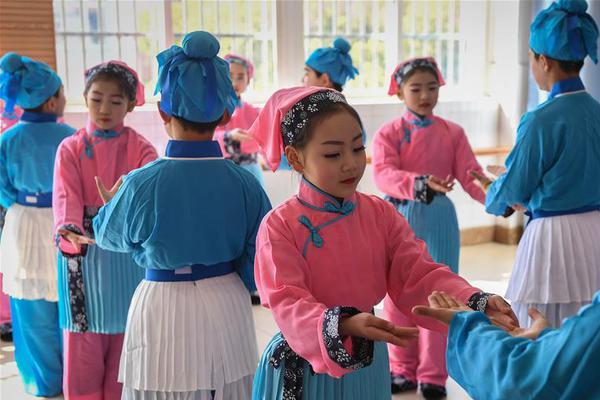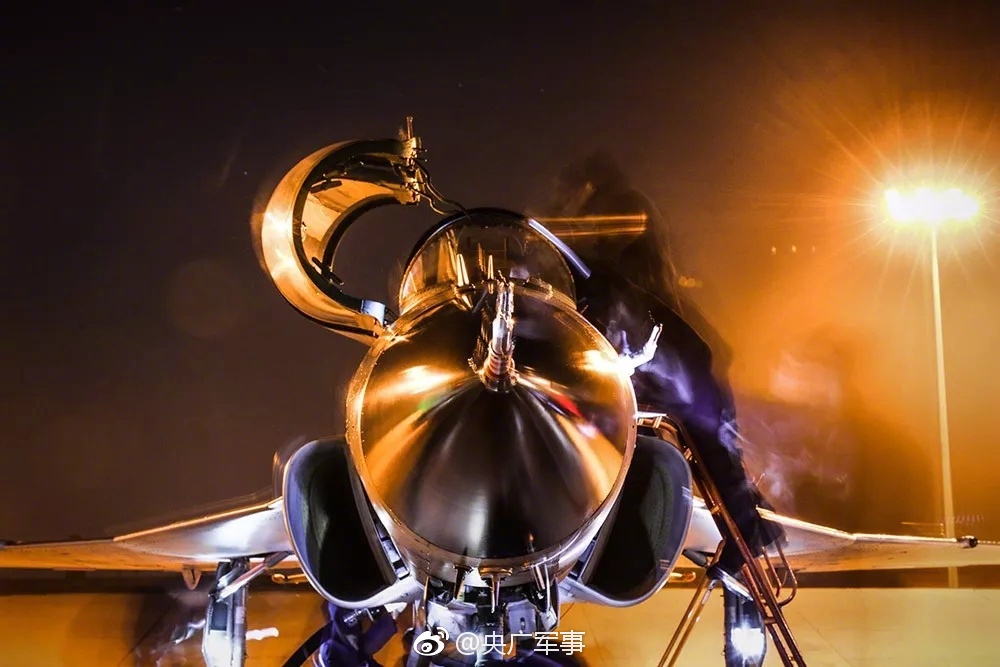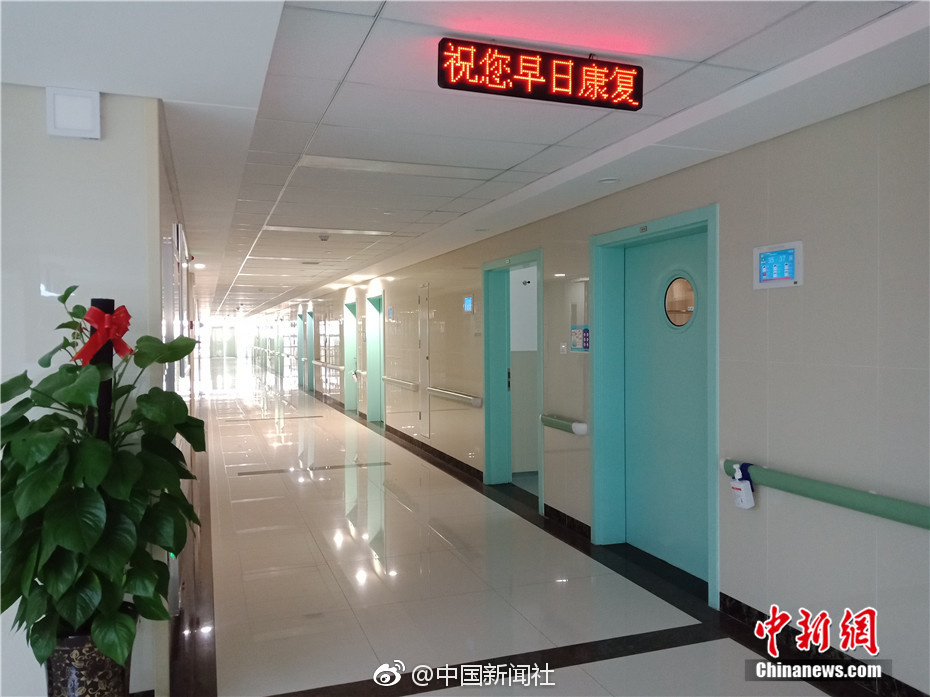
1. The five functions of the operating system are processor management, memory management, device management, file management and job management. Processor management The most basic function of processor management is to process interrupt events. After configuring the operating system, various events can be processed.
2. The main function of the computer operating system is process management, and its work is mainly process scheduling. In the case of a single user and a single taskNext, the processor is only monopolized by one user's task, and the process management work is very simple.
3. Operating System (abbreviation: OS) is a group of interrelated system software programs that supervise and control computer operation, use and run hardware, software resources and provide public services to organize user interaction.
4. Five major management functions of the operating system: (1) Job management: including tasks, interface management, human-computer interaction, graphical interface, voice control and virtual reality, etc. ( 2) File management: also known as information management. ( 3) Storage management: The essence is the management of storage "space", which mainly refers to the management of the main memory.
Any information system has five basic functions, namely: information collection and recording (input); information storage; information processing; information transmission; information output .
According to the functional introduction of the information system, the information system has five basic functions: input, storage, processing, output and control. Different functions have different functions, such as input function: the input function of the information system is determined by the purpose to be achieved by the system, the ability of the system and the permission of the information environment.
Five basic functions of the information system: input, storage, processing, output and control. Input function: The input function of the information system is determined by the purpose to be achieved by the system, the ability of the system and the permission of the information environment.Storage function: Storage function refers to the ability of the system to store various information and data. Mainly including: statistical functions.
The operating system has five functions: processor management: mainly controls and manages the work of the CPU. Storage management: mainly allocate and manage memory. Device management: mainly manage basic input and output devices. File management: responsible for the organization, storage, operation and protection of computer files.
The functions of the computer operating system include: processor management, memory management, device management, file management, job management and other functional modules. Processor management. The most basic function of processor management is to handle interrupt events. The processor can only detect interrupt events and generate interrupts and cannot process them.
The main function of the computer operating system is process management, and its main work is process scheduling. In the case of a single user and a single task, the processor is only monopolized by one user's task, and the work of process management is very simple.
The main functions of the operating system are process and processor management, job management, storage management, device management and file management, as follows: process and processor management. Because the execution of the program must rely on the processor, only one program flow can be processed and executed at any time. Homework management.
I) Processor management The most basic function of processor management is to handle interrupt events. The processor can only detect interrupt events and generate interrupts, and cannot handle these interrupt events. After configuring the operating system, all types of events can be handled.Another function of processor management is processor scheduling.
Five management functions of the operating system: job management: including tasks, interface management, human-computer interaction, graphical interface, voice control and virtual reality, etc. File management: also known as information management. Storage management: The essence is the management of storage "space", which mainly refers to the management of the main memory.

The storage management function of the operating system is to manage memory resources. It mainly realizes memory allocation and recovery, storage protection and memory expansion. The device management of the device management operating system is responsible for allocating and recycling external devices, and controlling external devices to operate according to the requirements of user programs.
The functions of the computer operating system include: processor management, memory management, device management, file management, job management and other functional modules. Processor management. The most basic function of processor management is to handle interrupt events. The processor can only detect interrupt events and generate interrupts and cannot process them.
The five functions of the operating system are processor management, memory management, device management, file management and job management.Processor management The most basic function of processor management is to process interrupt events. After configuring the operating system, various events can be processed.
Hearthstone arena-APP, download it now, new users will receive a novice gift pack.
1. The five functions of the operating system are processor management, memory management, device management, file management and job management. Processor management The most basic function of processor management is to process interrupt events. After configuring the operating system, various events can be processed.
2. The main function of the computer operating system is process management, and its work is mainly process scheduling. In the case of a single user and a single taskNext, the processor is only monopolized by one user's task, and the process management work is very simple.
3. Operating System (abbreviation: OS) is a group of interrelated system software programs that supervise and control computer operation, use and run hardware, software resources and provide public services to organize user interaction.
4. Five major management functions of the operating system: (1) Job management: including tasks, interface management, human-computer interaction, graphical interface, voice control and virtual reality, etc. ( 2) File management: also known as information management. ( 3) Storage management: The essence is the management of storage "space", which mainly refers to the management of the main memory.
Any information system has five basic functions, namely: information collection and recording (input); information storage; information processing; information transmission; information output .
According to the functional introduction of the information system, the information system has five basic functions: input, storage, processing, output and control. Different functions have different functions, such as input function: the input function of the information system is determined by the purpose to be achieved by the system, the ability of the system and the permission of the information environment.
Five basic functions of the information system: input, storage, processing, output and control. Input function: The input function of the information system is determined by the purpose to be achieved by the system, the ability of the system and the permission of the information environment.Storage function: Storage function refers to the ability of the system to store various information and data. Mainly including: statistical functions.
The operating system has five functions: processor management: mainly controls and manages the work of the CPU. Storage management: mainly allocate and manage memory. Device management: mainly manage basic input and output devices. File management: responsible for the organization, storage, operation and protection of computer files.
The functions of the computer operating system include: processor management, memory management, device management, file management, job management and other functional modules. Processor management. The most basic function of processor management is to handle interrupt events. The processor can only detect interrupt events and generate interrupts and cannot process them.
The main function of the computer operating system is process management, and its main work is process scheduling. In the case of a single user and a single task, the processor is only monopolized by one user's task, and the work of process management is very simple.
The main functions of the operating system are process and processor management, job management, storage management, device management and file management, as follows: process and processor management. Because the execution of the program must rely on the processor, only one program flow can be processed and executed at any time. Homework management.
I) Processor management The most basic function of processor management is to handle interrupt events. The processor can only detect interrupt events and generate interrupts, and cannot handle these interrupt events. After configuring the operating system, all types of events can be handled.Another function of processor management is processor scheduling.
Five management functions of the operating system: job management: including tasks, interface management, human-computer interaction, graphical interface, voice control and virtual reality, etc. File management: also known as information management. Storage management: The essence is the management of storage "space", which mainly refers to the management of the main memory.

The storage management function of the operating system is to manage memory resources. It mainly realizes memory allocation and recovery, storage protection and memory expansion. The device management of the device management operating system is responsible for allocating and recycling external devices, and controlling external devices to operate according to the requirements of user programs.
The functions of the computer operating system include: processor management, memory management, device management, file management, job management and other functional modules. Processor management. The most basic function of processor management is to handle interrupt events. The processor can only detect interrupt events and generate interrupts and cannot process them.
The five functions of the operating system are processor management, memory management, device management, file management and job management.Processor management The most basic function of processor management is to process interrupt events. After configuring the operating system, various events can be processed.
UEFA Champions League standings
author: 2025-01-09 03:41UEFA Champions League standings
author: 2025-01-09 04:27Hearthstone Arena class tier list 2024
author: 2025-01-09 02:45 DigiPlus fair value
DigiPlus fair value
113.55MB
Check Bingo Plus
Bingo Plus
849.38MB
Check LR stock price Philippines
LR stock price Philippines
256.96MB
Check Arena plus APK
Arena plus APK
481.35MB
Check UEFA EURO
UEFA EURO
238.36MB
Check bingo plus update today
bingo plus update today
466.82MB
Check UEFA live free
UEFA live free
159.58MB
Check Arena plus APK
Arena plus APK
735.11MB
Check LR stock price Philippines
LR stock price Philippines
956.71MB
Check Arena plus APK
Arena plus APK
633.34MB
Check UEFA Champions League live streaming free
UEFA Champions League live streaming free
933.39MB
Check Hearthstone arena
Hearthstone arena
832.58MB
Check Walletinvestor digi plus
Walletinvestor digi plus
717.69MB
Check European Cup live
European Cup live
853.91MB
Check UEFA Champions League live streaming app
UEFA Champions League live streaming app
445.56MB
Check bingo plus update today
bingo plus update today
236.13MB
Check UEFA Champions League
UEFA Champions League
127.41MB
Check UEFA Champions League live
UEFA Champions League live
641.72MB
Check Free sports events uefa champions league app android
Free sports events uefa champions league app android
547.65MB
Check UEFA Champions League live streaming app
UEFA Champions League live streaming app
236.48MB
Check Hearthstone arena
Hearthstone arena
568.21MB
Check Free sports events uefa champions league app android
Free sports events uefa champions league app android
615.79MB
Check UEFA Champions League standings
UEFA Champions League standings
583.32MB
Check Europa League app
Europa League app
778.38MB
Check UEFA live free
UEFA live free
958.36MB
Check Casino Plus
Casino Plus
816.13MB
Check casino plus free 100
casino plus free 100
425.49MB
Check Arena plus APK
Arena plus APK
186.46MB
Check Europa League app
Europa League app
764.25MB
Check UEFA European championship
UEFA European championship
278.77MB
Check Hearthstone Arena win rate
Hearthstone Arena win rate
235.26MB
Check Arena plus APK
Arena plus APK
241.45MB
Check Casino Plus
Casino Plus
186.14MB
Check Hearthstone arena class win rates reddit
Hearthstone arena class win rates reddit
856.72MB
Check Hearthstone arena deck Builder
Hearthstone arena deck Builder
672.29MB
Check Casino free 100 no deposit
Casino free 100 no deposit
576.75MB
Check
Scan to install
Hearthstone arena to discover more
Netizen comments More
1841 TNT Sports
2025-01-09 04:23 recommend
2487 Casino Plus GCash login
2025-01-09 04:17 recommend
2015 Arena Plus login
2025-01-09 03:44 recommend
2290 LR stock price Philippines
2025-01-09 03:39 recommend
758 Casino Plus free 100
2025-01-09 03:23 recommend